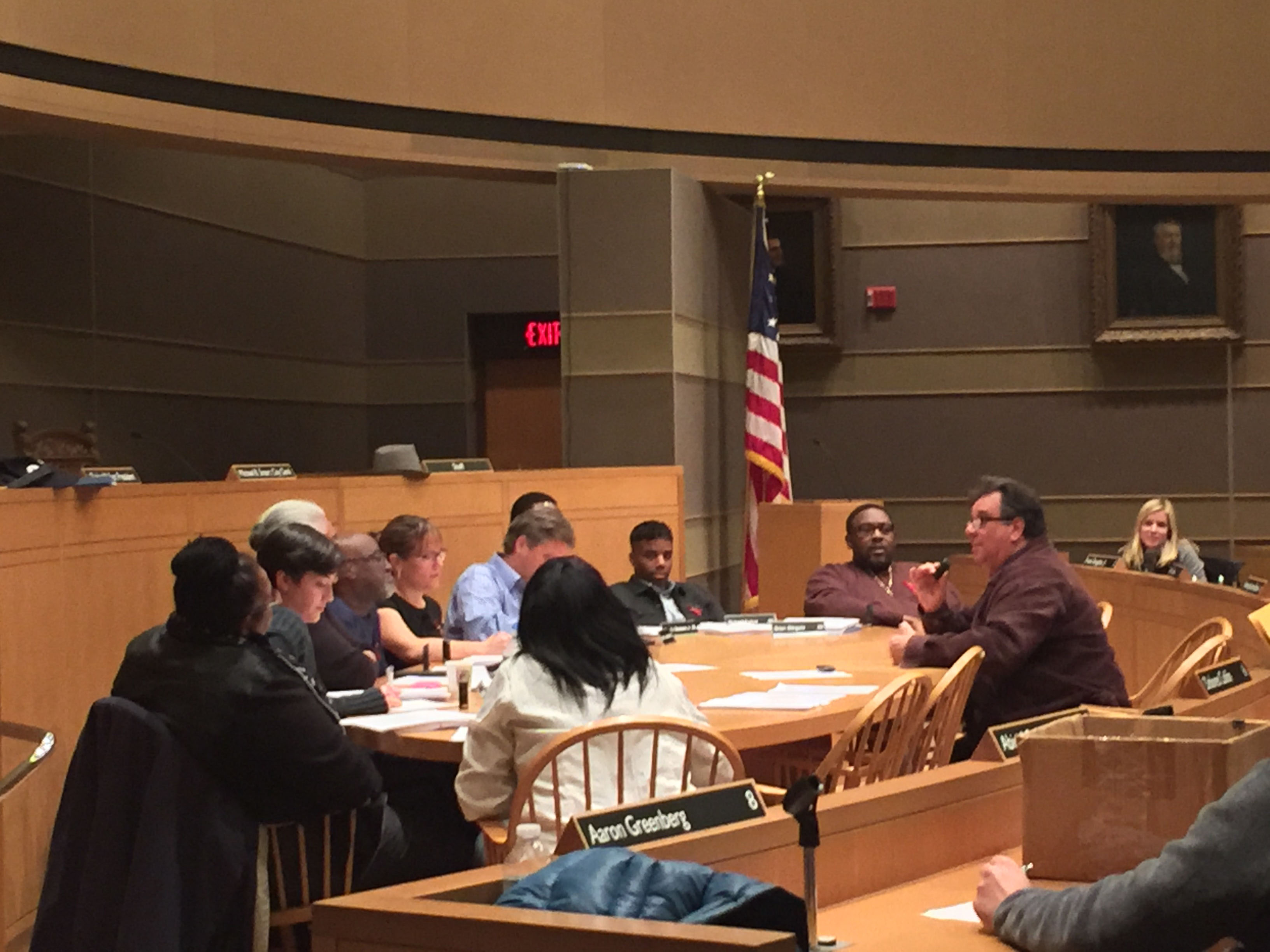
New Haven residents are calling for tighter regulations on Yale’s longstanding development plans because of the negative impact they may have on the parking space shortage in the city. But the University contends that a new parking proposal will stifle New Haven’s economic growth.
The University currently enjoys significant autonomy from the Board of Alders when determining the quantity and location of parking spaces on University property. This is a result of the Overall Parking Plan — a town-gown agreement established in 1998 stipulating that Yale can determine where and how many parking spaces are built on University property. But three alders — Furlow and Hill Alder Dolores Colon, Westville Alder Adam Marchand and West River Alder Tyisha Walker -— are organizing to change the current regulations. Responding to community concerns over parking scarcity, these alders have proposed an amendment to the city’s parking regulations that would subject Yale’s future construction plans to pre-approval by the Board of Alders. According to Marchand and Colon, the Overall Parking Plan affords Yale too much leeway regarding the whereabouts of city parking spaces.
“The city created a legal framework that has allowed Yale to have an overall parking plan that took into account owned lots or leased spaces elsewhere in the city, not necessarily adjacent places,” Marchand, who created the proposal, said.
Yale, Marchand said, has not built parking spaces near commercial and residential locations — the areas of the city that need them most. He said visitors to downtown must instead scavenge for parking spots blocks away or pay for a space in one of the University’s parking lots.
Roughly 100 city residents gathered before an Aldermanic Joint-Committee on Community Development and Legislation on Monday to hear public testimony for and against the new amendment.
Colon testified that several of her constituents must park blocks away from their homes at night because other cars often snag the spaces immediately in front of their homes.
University representatives pushed back, claiming the alders’ proposal will create an unnecessary hurdle to development plans bringing economic growth to the city.
“The ordinance is so broadly drafted that it is going to impact future economic growth as an unintended consequence,” said Vincent Petrini, senior vice president of public affairs at Yale-New Haven Hospital. “It would create a new regulatory hurdle for economic expansion.”
Assistant Director for New Haven and State Affairs Lauren Zucker voiced the same concerns for economic development. She said placing the burden of fixing the city’s parking shortage on Yale is misguided, noting that Yale cannot prevent people from parking on public streets.
Zucker added that Yale has opted to tackle the city’s parking shortage by encouraging employees to find alternatives to private vehicle transportation, such as carpooling, public transit and cycling to work. All University employees are given a Commuter Benefit Program to incentivize them to use public transport.
Questioning Zucker, Dixwell Alder Jeanette Morrison voiced concerns about how expensive University parking spaces are for employees. Zucker said the limited space available downtown makes it difficult for Yale to provide free parking to all Yale employees.
Petrini said he hopes to continue working with the alders to address the parking shortage. The wording of the amendment in its current form, however, lacks clarity and would do little to address the fundamental reason New Haven has a parking shortage, Petrini said.
Some residents, meanwhile, maintain that the University’s developments have compromised the quality of life in the city.
“Yale wants to expand but they don’t want to bear the burden,” testified a city resident. “But a lot of people in town are suffering.”







